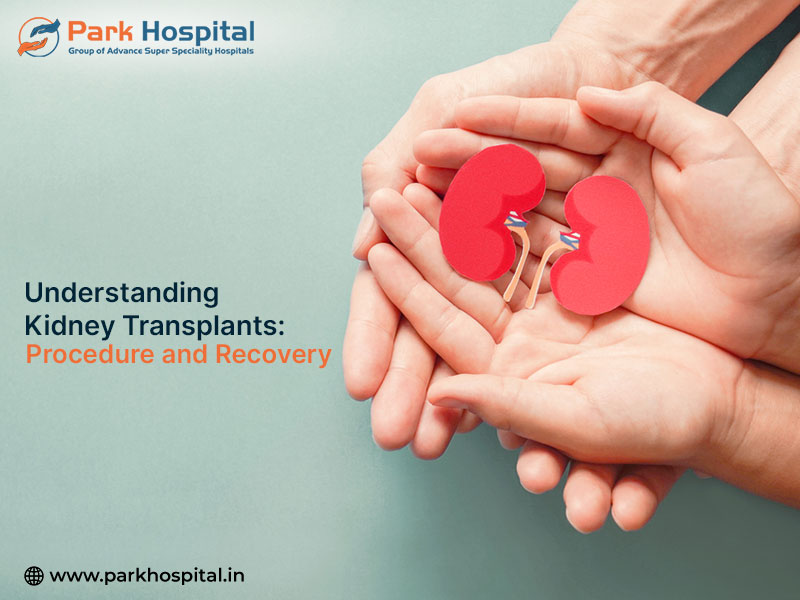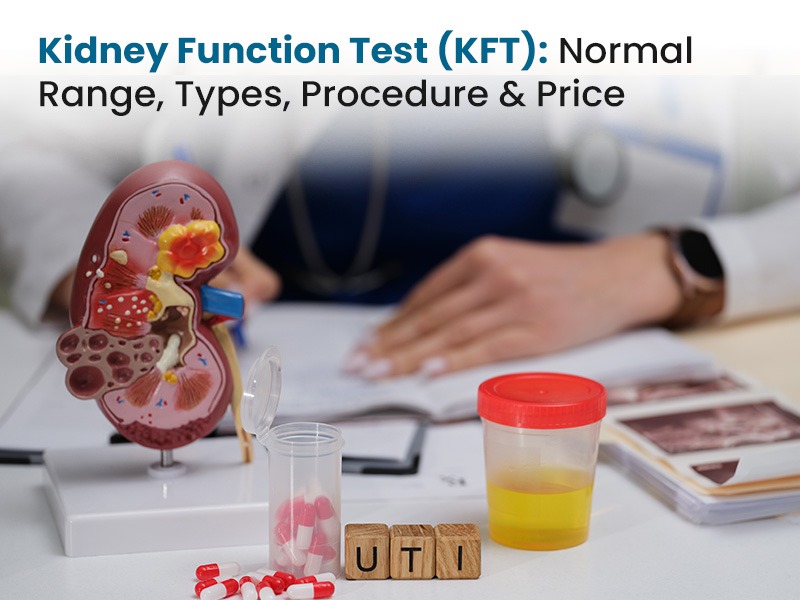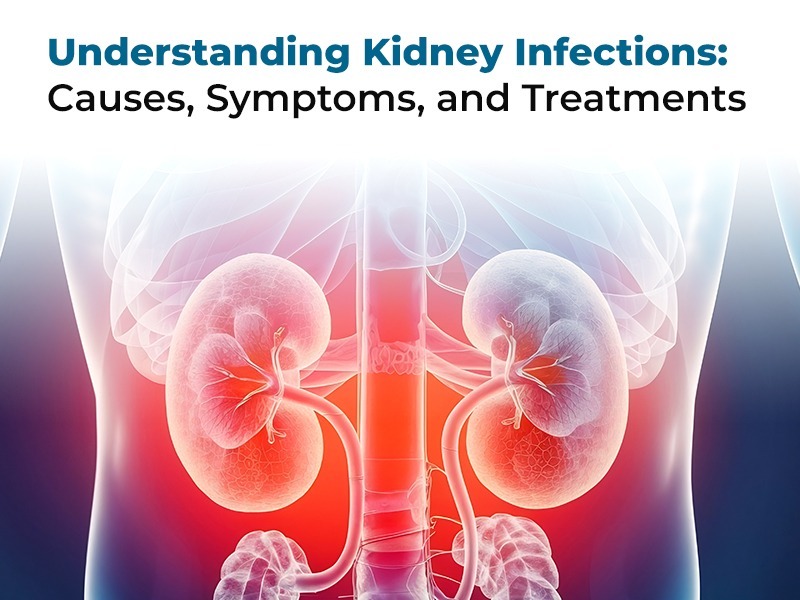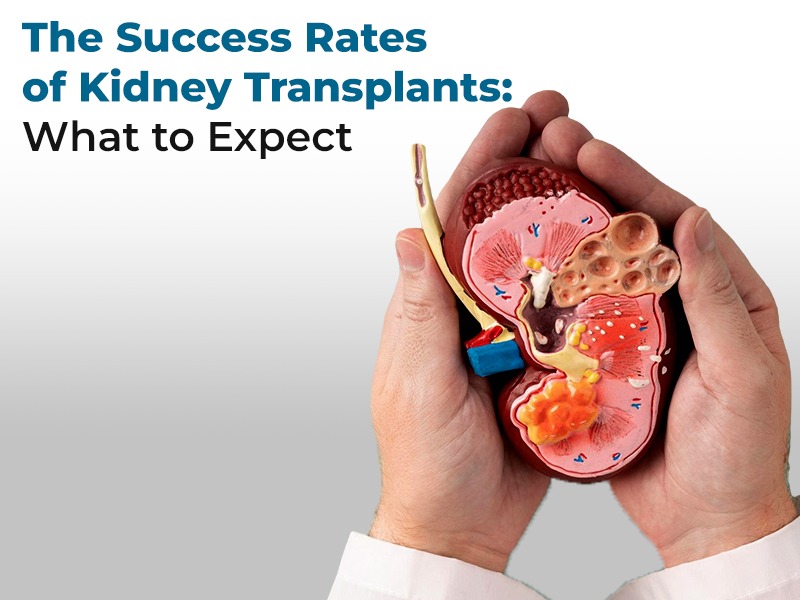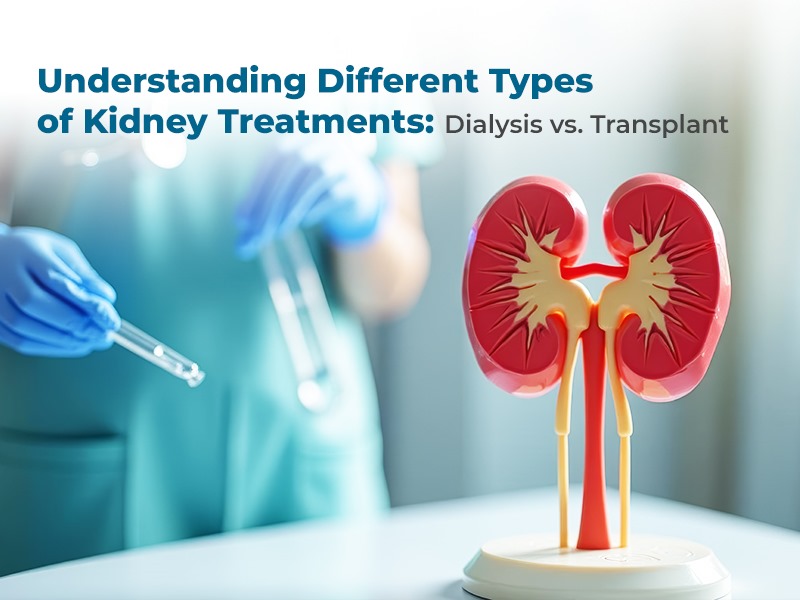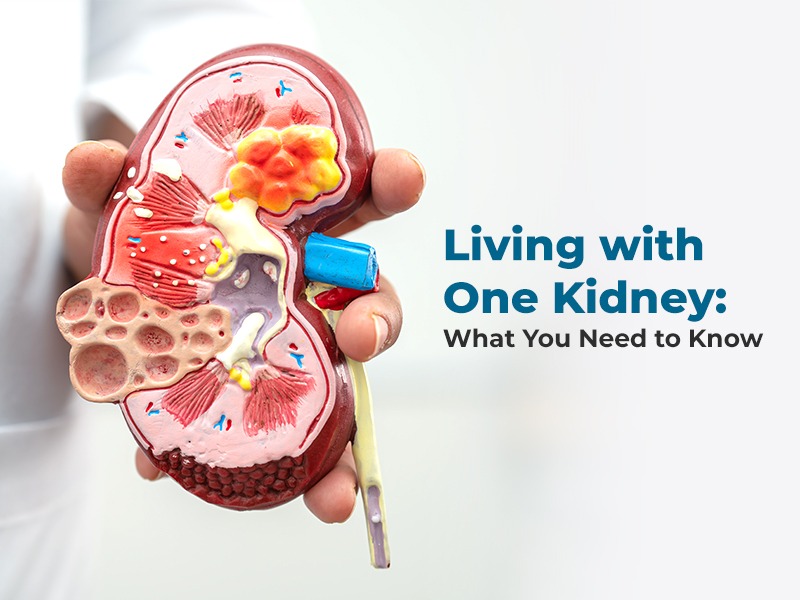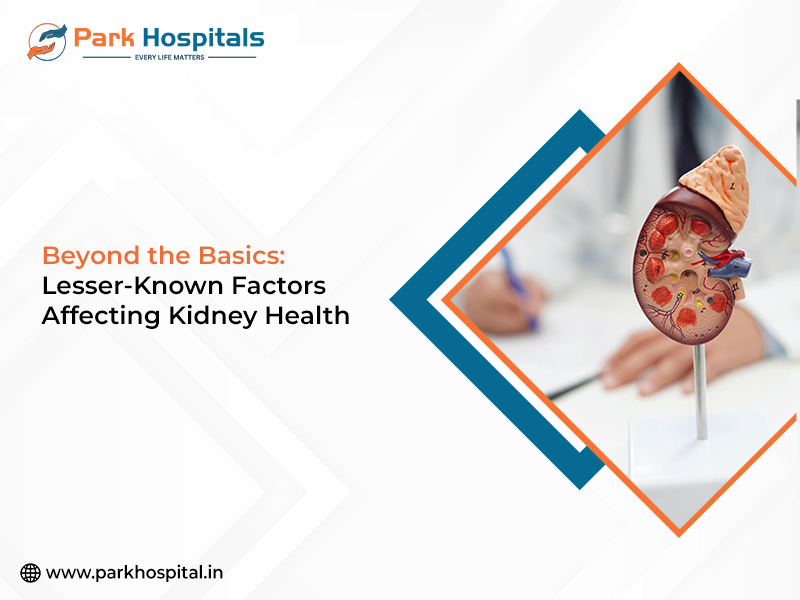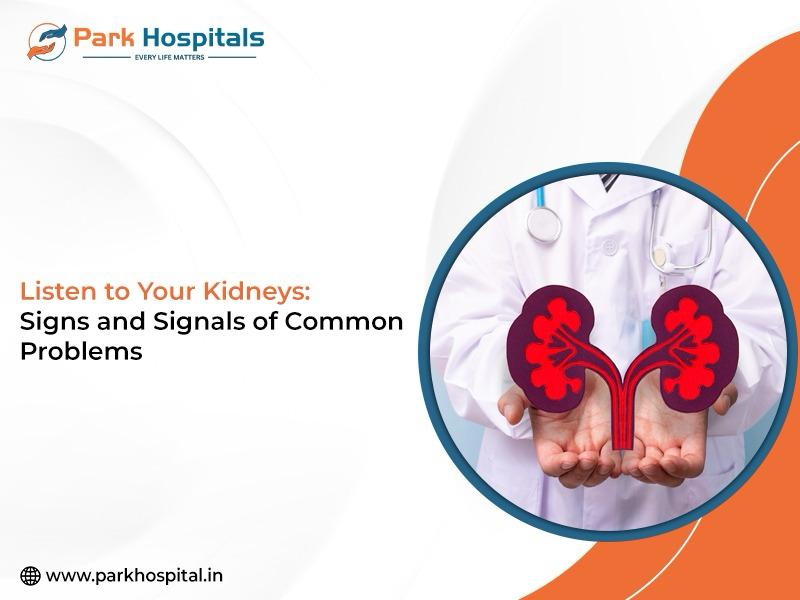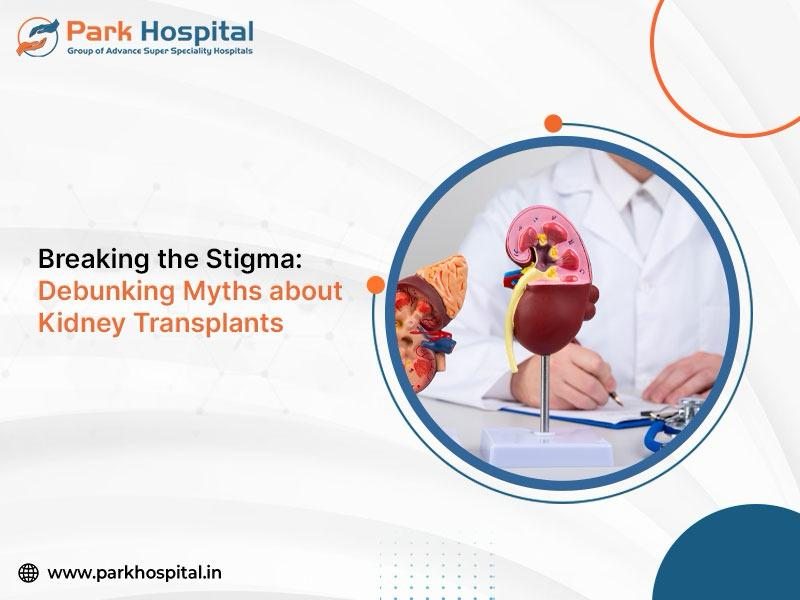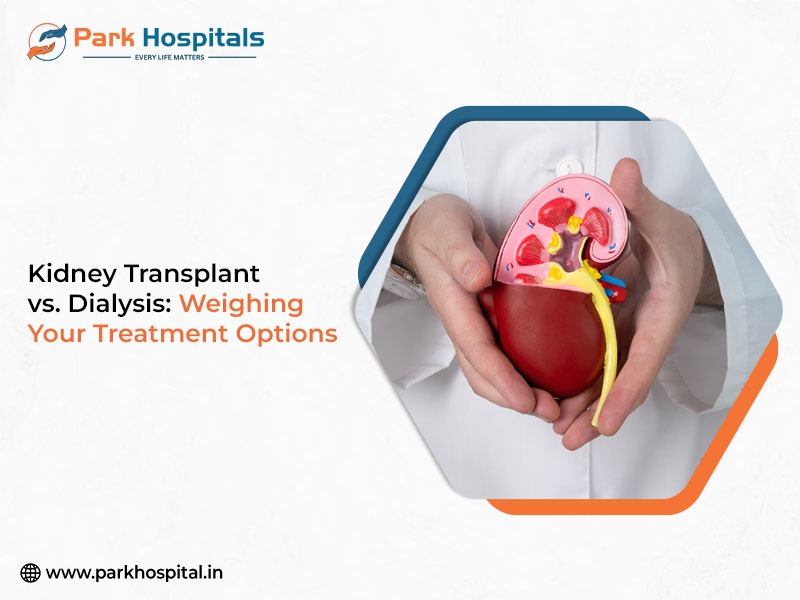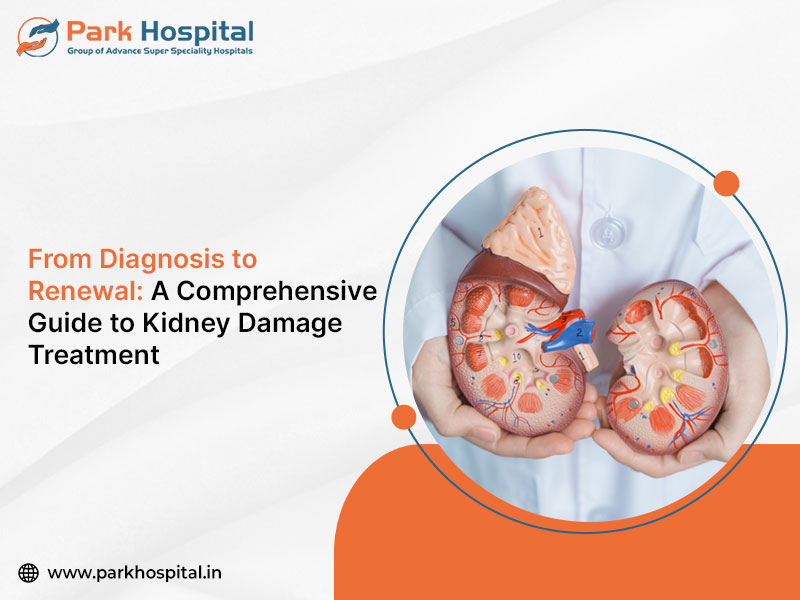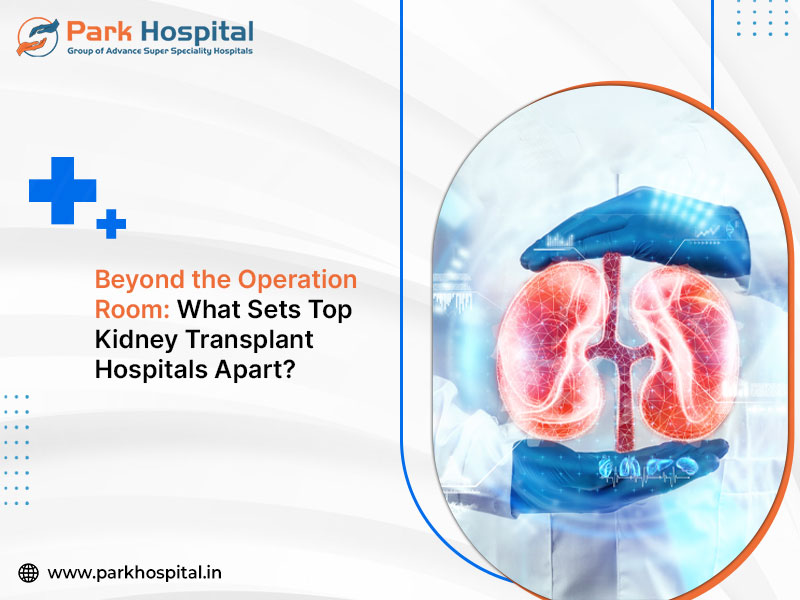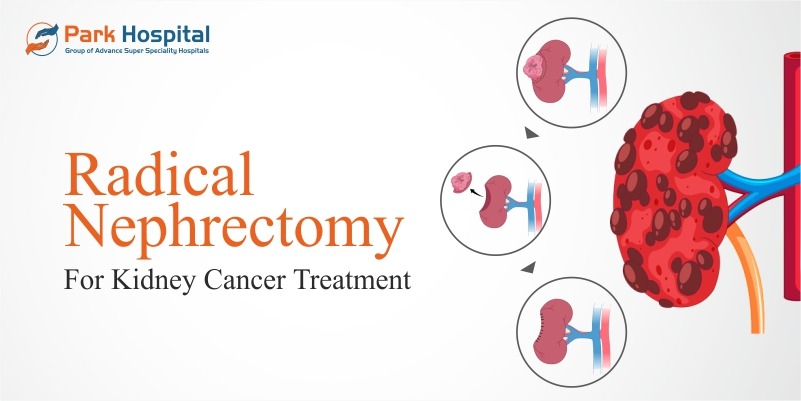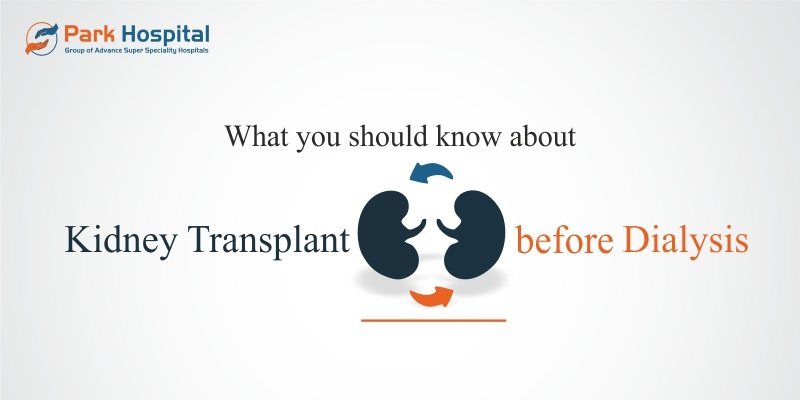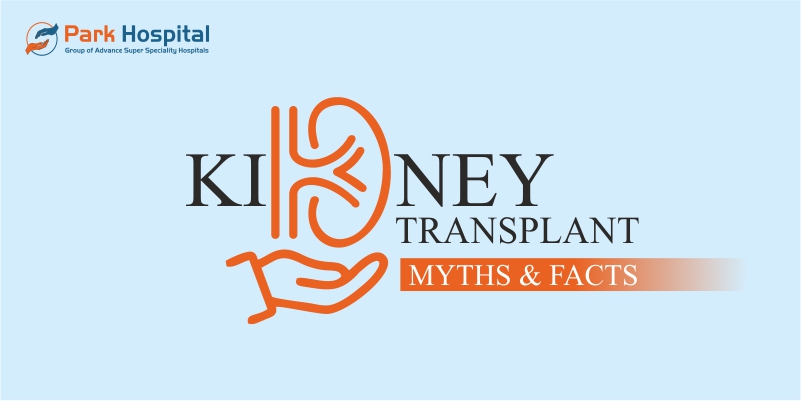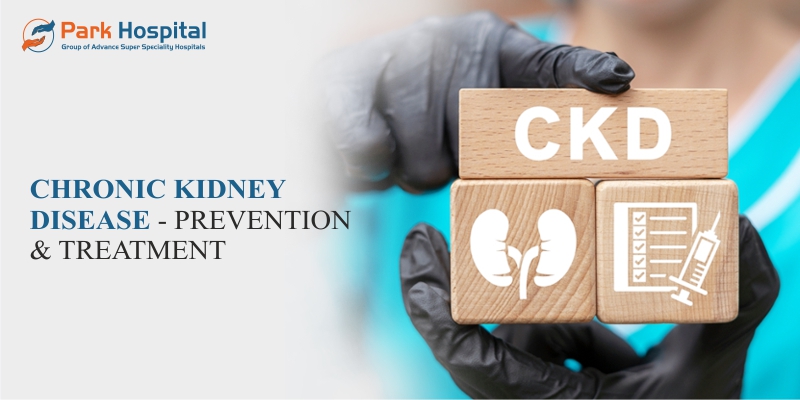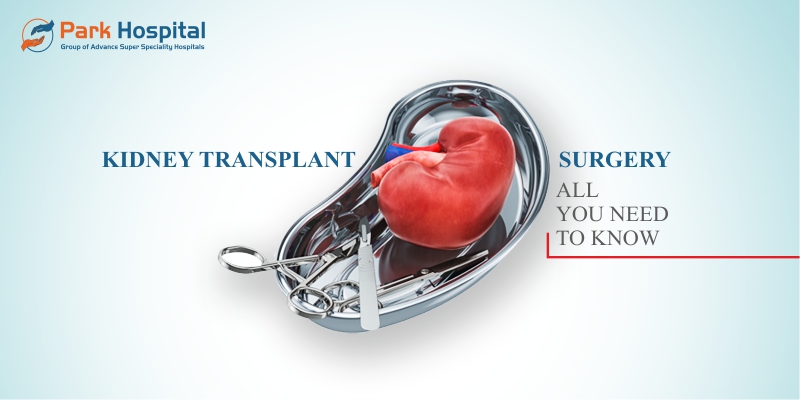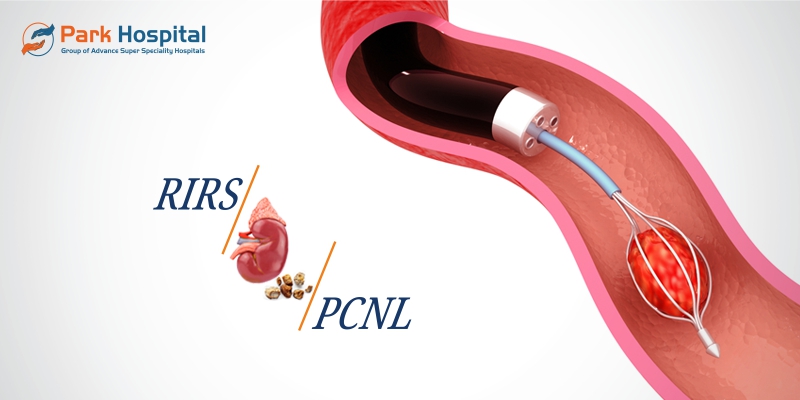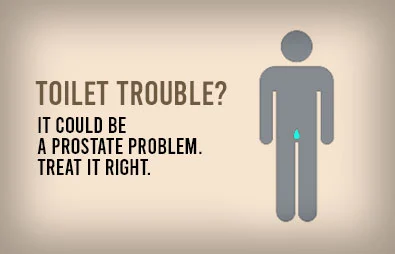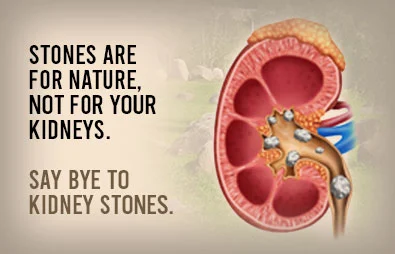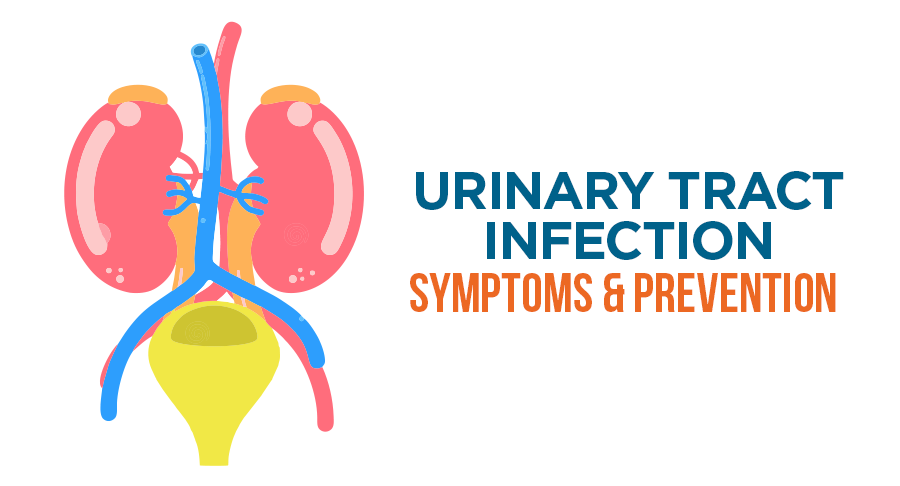Understanding Kidney Transplants: Procedure and Recovery
Since its inception in
1954, kidney transplants have become some of the most performed surgeries in
the world. A kidney transplant refers to placing a healthy kidney derived from
a donor to a person whose kidney does not function properly.
Kidneys are crucial in
removing and filtering waste, fluids, and minerals from the body through urine.
Improper functioning of the kidneys triggers harmful levels of waste within the
body and raises blood pressure. Kidney
failure treatments are very complex and require effective treatment
assistance from the best doctors. While kidney failure is temporary and chronic
(long-term), it has specific symptoms, such as
SYMPTOMS OF KIDNEY
FAILURE:
- Nausea and vomiting
- Confusion or trouble
vomiting
- Swelling (edema) around your
hands, face, and ankles
- Cramps (muscle spasms)
- Dry or Itchy skin
- Loss of appetite
STAGES OF KIDNEY FAILURE:
Divided into five
stages, kidney failure is measured through your Estimated Glomerular Filtration
Rate (eGFR). The eGFR measures how efficiently a person's kidneys filter
substances. While a normal eGFR is 100, the lowest is 0.
The five stages of
kidney failure are:
- STAGE 1 - 90-100 eGFR (Kidneys
are normal
- STAGE 2 - 60-89 eGFR (Kidneys
are damaged but can be restored)
- STAGE 3 - 30-59 eGFR (Kidneys
are in severe condition)
- STAGE 4 - 15-29 eGFR (Kidneys
are nearing complete loss of function)
- STAGE 5 - 0-15 eGFR (Kidneys
are at complete failure)
TYPES OF KIDNEY TRANSPLANTS:
Research indicates
that biological siblings are the best candidates for transplants in case of kidney
failure treatment. However, having a compatible or similar blood
type is also a safe alternative. The two types of Kidney transplants are:
·
DECEASED
DONOR KIDNEY TRANSPLANT:
A deceased donor refers to an individual who
has recently passed away or causes non-related damaged organs. This ensures
that the kidneys transplanted are not damaged and can function normally. The
kidney is taken from a deceased person and surgically inserted into the
patient. Patients should always consider the Best hospital for kidney transplants.
·
LIVING
DONOR KIDNEY TRANSPLANT:
In this procedure, a kidney is taken from a
living individual and surgically inserted within the patient. It is safer if
the living donor is either a direct family member or a donor with a similar
blood type to the patient.
Beyond a higher success rate, a living donor
is better for kidney failure treatment due
to reduced waiting time and quicker functioning,
KIDNEY TRANSPLANT PROCEDURE:
Prior to a kidney failure treatment, the patients
and donors have to be approved on a case-to-case basis. They are tested for
conditions such as:
- An underlying health condition
due to which the donor/patient cannot be operated on
- Recurring (returning)
infection
- Short-life expectancy
- Rampant Alcohol or drug
usage.
Once cleared, the
surgeon places the new kidney received from the donor on the lower right or
left side of the abdomen. Surgeons surgically connect the kidney to blood
vessels to ensure smooth functioning. The veins and arteries of the patient's
new kidneys are attached to veins and arteries, and the ureter is attached to
the bladder to allow proper urination.
While kidney failure treatment is considered
lengthy, the transplant only requires 2-4 hours. The most critical component of
a kidney transplant is getting the correct expertise. Patients are advised to
choose the Best hospital for kidney
transplants in their region.
Established in 1982, Park Hospital ranks among India's best
kidney transplant surgery hospitals. Offering treatment in 13 cities, Park
Hospitals is renowned for its urology and nephrology departments that are
committed to providing treatment for patients suffering from urinary disorders.
Park Hospitals is home to the finest nephrology and urology professionals in
India who carry out successful kidney
failure treatments and assist patients, donors, and families through
recovery.
PARK HOSPITALS - KIDNEY TRANSPLANT
RECOVERY PROCESS:
Park Hospital
nephrologists and surgeons monitor the overall health of their patients after
their kidney failure treatments. Patients
require 8-12 weeks to recover and resume their work or education fully. During
this process, parks hospitals nephrologists assist patients through:
- Monitoring after-treatment
medication
- Extracting drug levels of (immunosuppressive)
drugs as prescribed
- Avoid Polluted environment and
eat healthily
- Monitor patient's blood sugar
and blood pressure levels
As one of the Best hospitals for kidney transplants, Park
Hospital also urges its patients to keep track of their urine output, fever,
cough, blood pressure, or discomfort once discharged. Offering treatment in 13
cities Park hospitals should be the go-to destination for anyone seeking
quality treatment, efficient recovery, and expert medical support.

